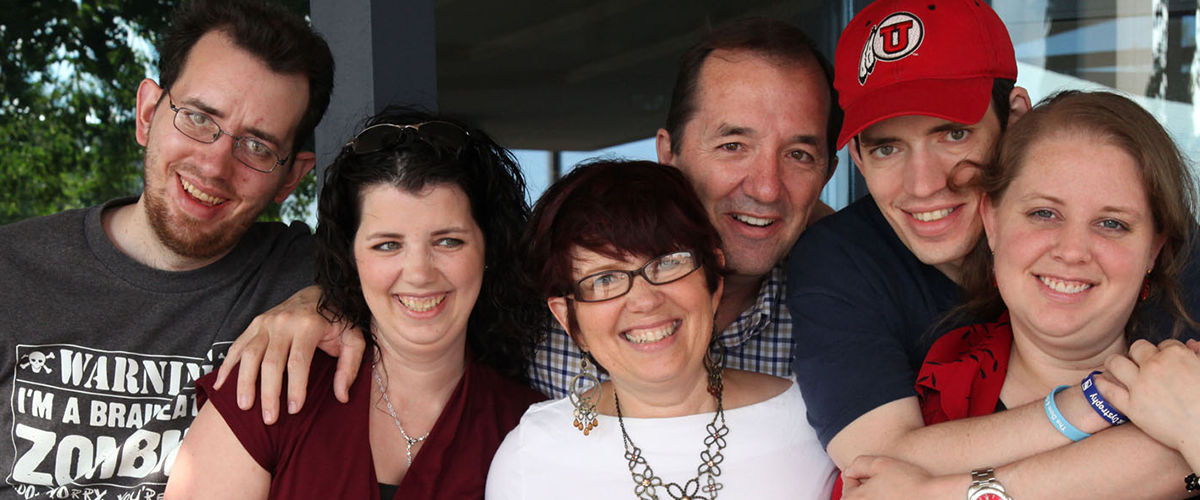Researchers at important academic labs around the US have recently published exciting new information about advances in DM research. The Thomas Cooper Lab at Baylor College of Medicine, Houston, TX released the results of a study that provided important new information on the specific changes that occur in the heart cells of people with DM.
The Mef2 Transcription Network is Disrupted in Myotonic Dystrophy Heart Tissue, Dramatically Altering miRNA and mRNA Expression
Kolsotra et al (Dr. Thomas Cooper’s lab)
A team of researchers at Baylor College of Medicine, under the supervision of Dr. Thomas Cooper, recently published a study examining the changes that occur in the heart cells of people with myotonic dystrophy (DM). Cardiac complications are common in DM, such as abnormal heart rhythms (arrhythmia) and problems with the electrical impulses in the heart that drive it to pump properly (cardiac conduction). The team was led by Dr. Aiunash Kalsotra, the recipient of a 2009 MDF postdoctoral fellowship award.
Given that heart problems are the second most common cause of death in DM, these researchers took a close look at the molecular changes that occur in DM heart cells in order to understand where things go off track. They show that a gene called MEF2 is reduced in DM, causing many small RNA molecules called microRNAs to be reduced. This collection of reduced microRNAs then causes many networks of other genes to be turned off or on inappropriately, and may be one of the reasons why we see cardiac issues in DM. Fortunately, they were able to show that by adding back MEF2 to DM1 cells cultivated in a dish, they could reverse the improper reduction of microRNAs. This study gives researchers a better idea of how the DNA repeat mutations associated with DM may cause symptoms in the heart.
For more information:
Click here to view a pdf of the full article
Click here to read the abstract
01/22/2014

